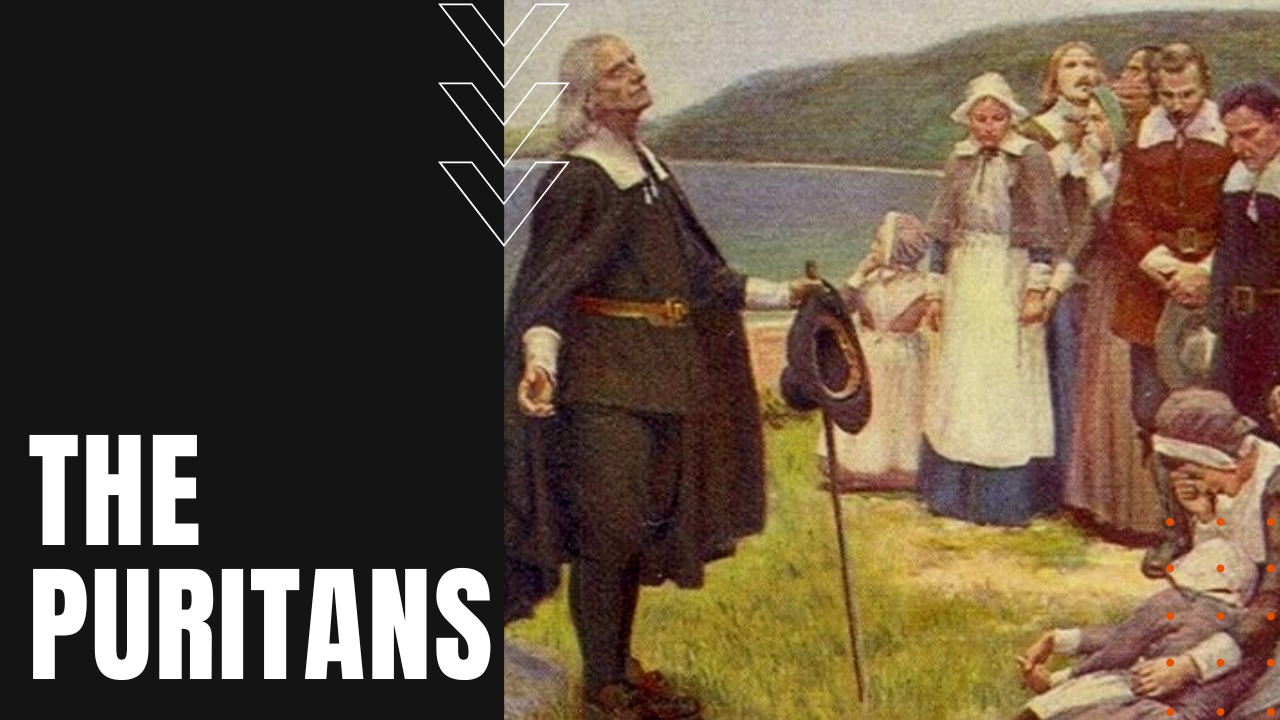Who Were The Puritans?

After the Catholic Church denied Britain’s King Henry the 8th a divorce from Catherine of Aragon, Henry broke from the church, naming himself Supreme Head of the newly formed Church of England, but as the Reformation gained momentum following Martin Luther’s 95 Thesis, Puritans or Precisionists, as they became known to their critics, believed that the Church of England carried over too much liturgy and ritual from Roman Catholicism.
As their numbers multiplied, Puritans were increasingly portrayed by their detractors as hairsplitters who adhered to the Biblical word of God bereft of any ecclesiastical ritual, who in turn judged their non-Puritan neighbors as inadequate Christians.
Where Did the Puritans Settle?
Frictions began to escalate as their numbers grew, leading one group of Puritans to move from the Yorkshire village of Scrooby, first to Holland in 1608, followed by a 1620 migration to Plymouth Rock in New England. A decade later, a much larger group would sail from East Anglia to the Massachusetts Bay Colony, growing their numbers to some 10,000 Puritans by the 1640s.
Yet not all pilgrims to the British colonies were Puritans—in fact, only 41 of the Mayflower’s 102 passengers considered themselves Puritans—and while Puritans rarely considered themselves non-separatist members of the Church of England, from the point of view of other denominations such as the Presbyterians and Episcopalians, the Puritan’s devotional practice was no less intolerant as the church they had fled, leading other dissident groups within the ranks of early Puritans to form other denominations such as the Quakers, Antinomians and Baptists.
While early immigrants to the American colonies were composed mainly of young single men, the Puritan migrations into North America was largely made up of families, bringing with them an intense devotional life that helped them cope with the contradictory requirements of their Christian ethics in a world on the cusp of modernity, injecting into American history a sense of New World divine favor under the direction of God, akin, in many ways, to the chosen people of the Old Testament, leading famed American journalist H.L. Mencken to remark that a Puritan was one who suspected that “somewhere someone is having a good time.”
